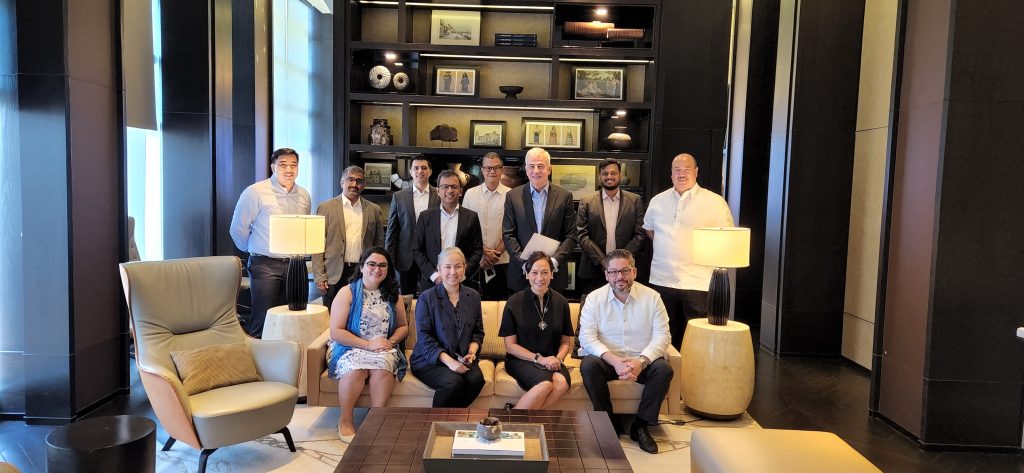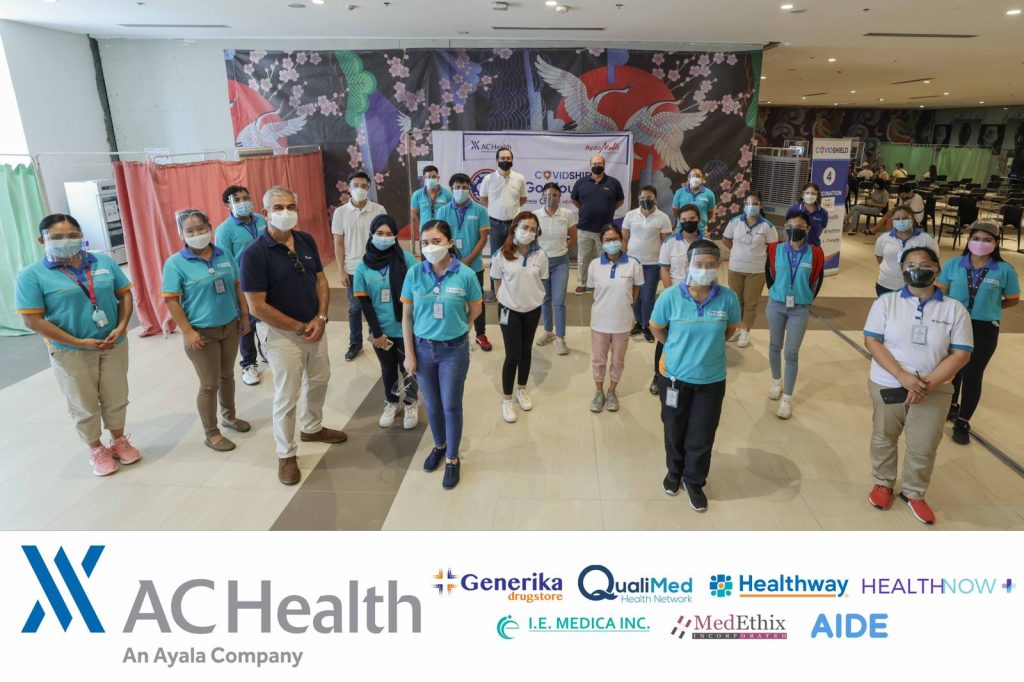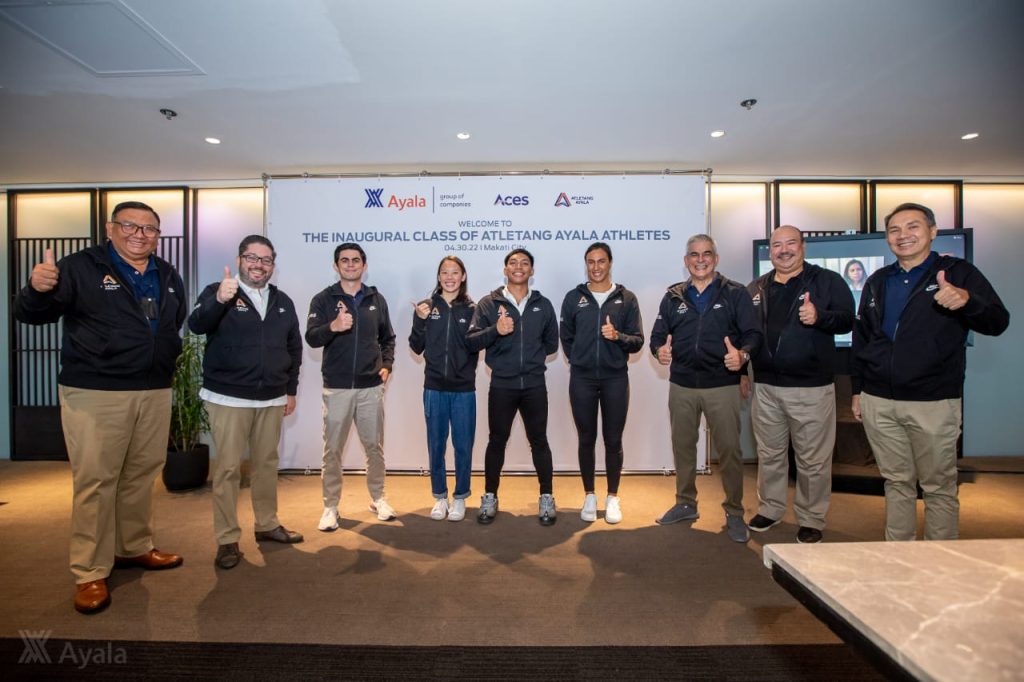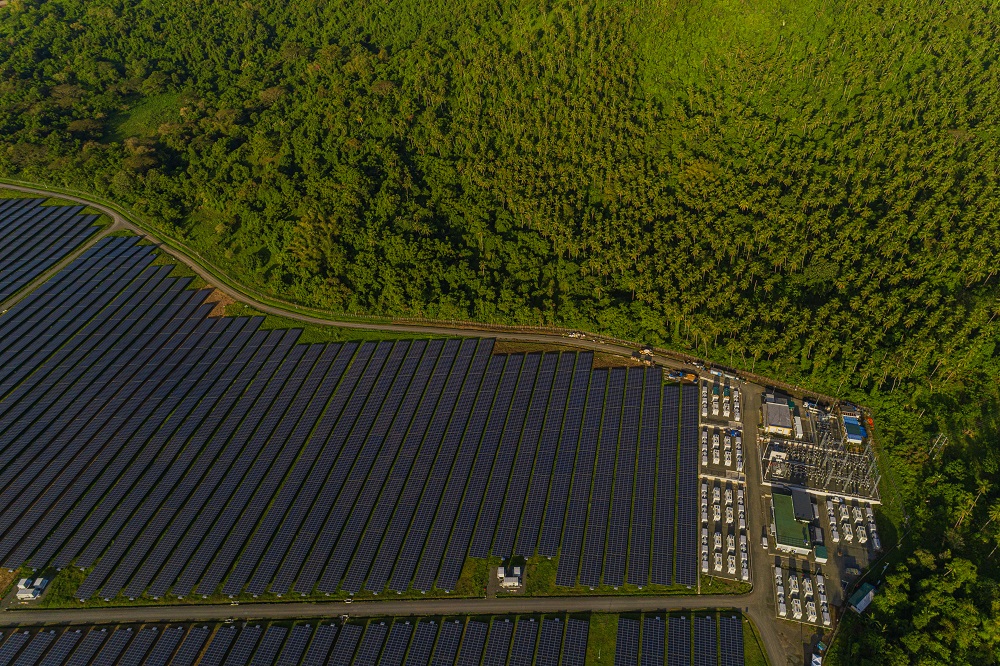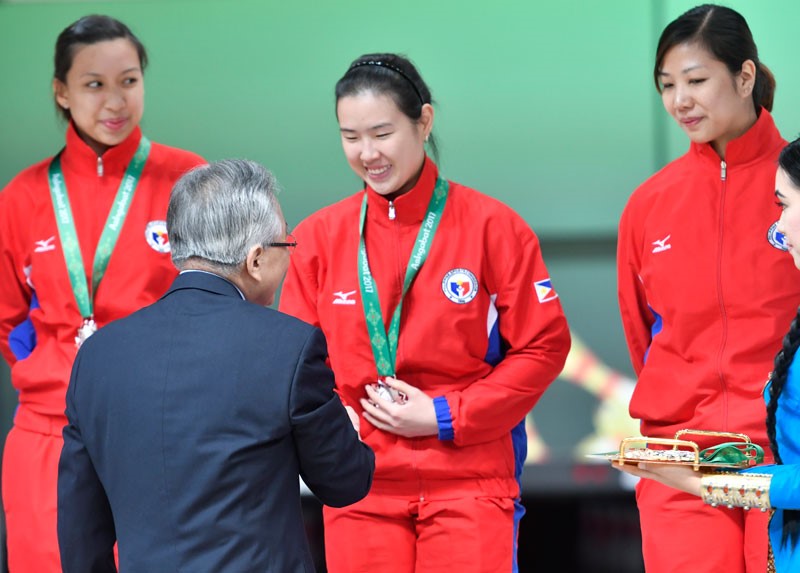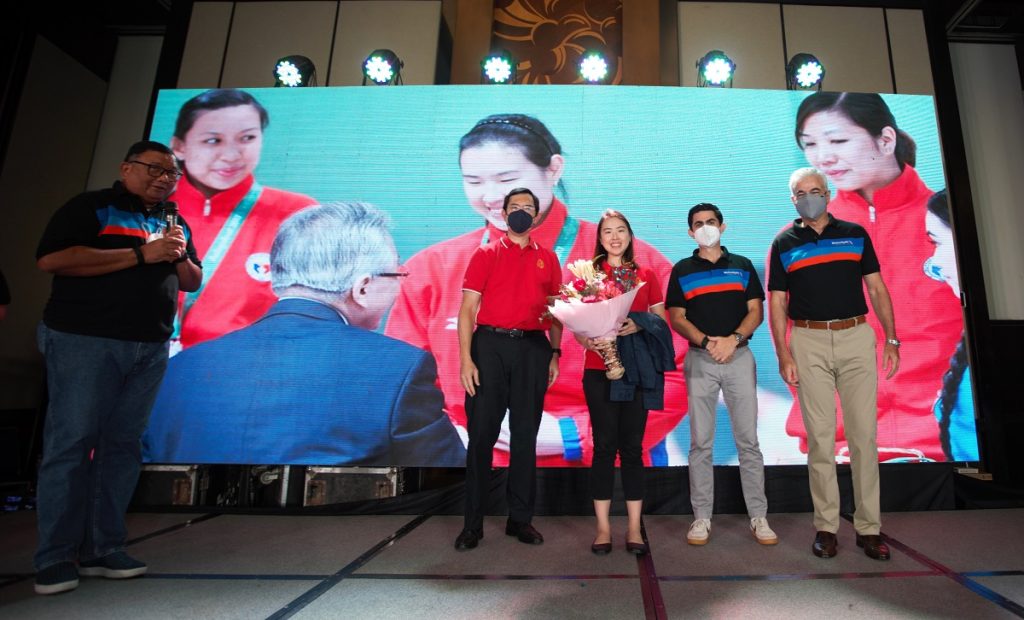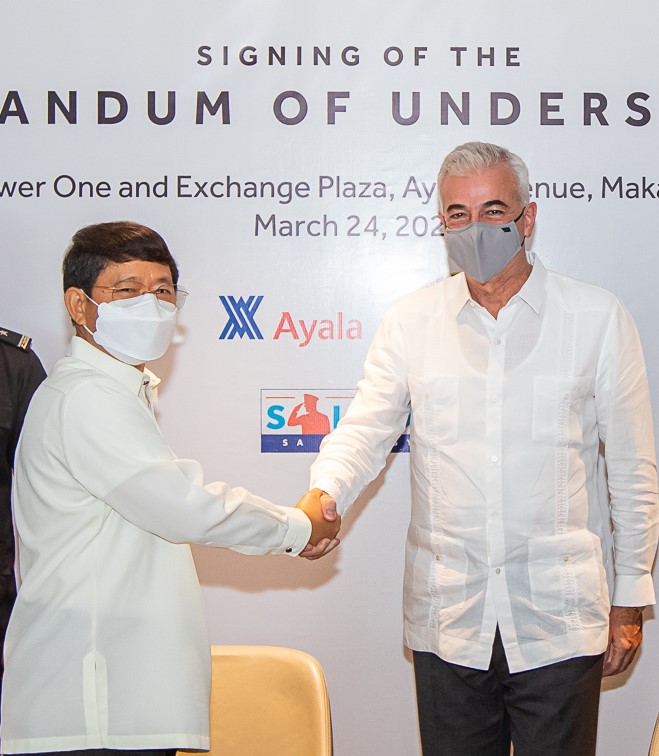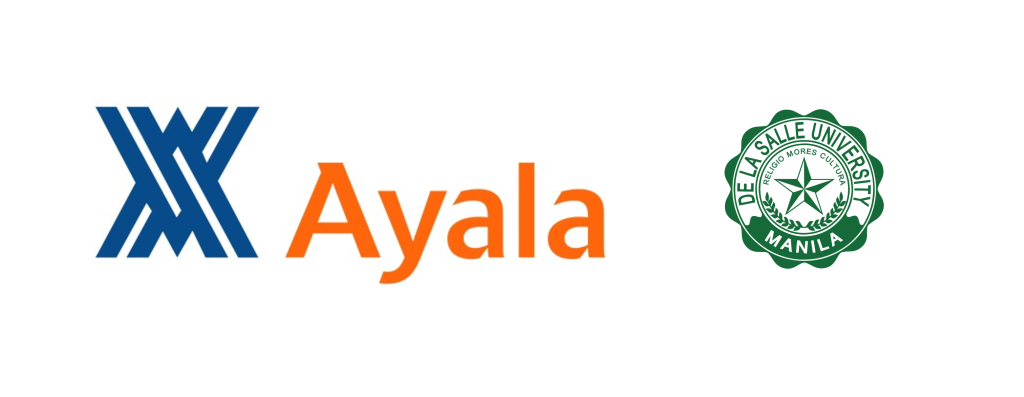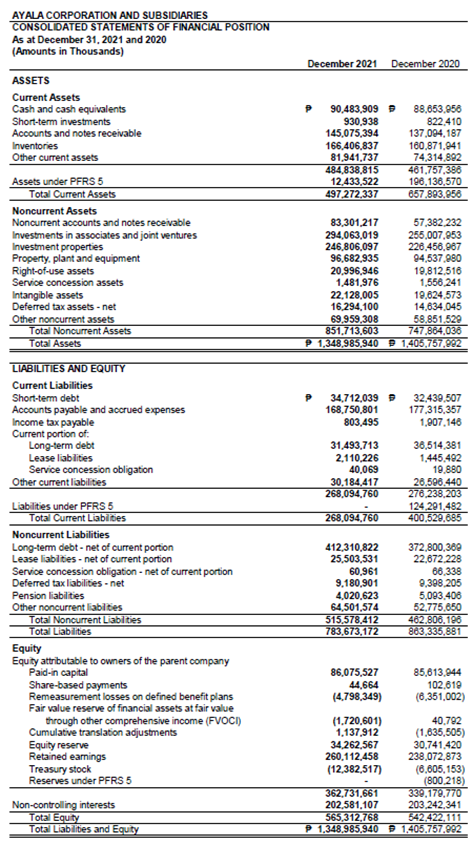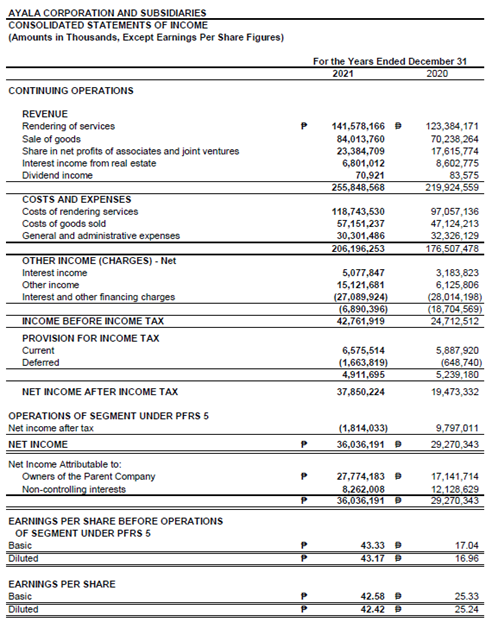MANILA — Ayala Corporation successfully listed the second tranche of the company’s P30 billion debt securities program on the Philippine Dealing & Exchange Corporation on Thursday.
This issuance successfully raised P15 billion to refinance a P10 billion bond with an original maturity in May 2027. The remainder of the proceeds will be used to support Ayala’s investment program for 2022.
Amidst market volatility, the bond offering was met with high investor demand, raking total bids of P121.2 billion or 12.12 times oversubscription over the base issuance of P10 billion. This is the largest book a non-bank and non-government deal has seen in recent years.
“We are honored to have received positive investor response to this issuance that supports our liability management in a rising interest rate environment. It also validates the market’s confidence in Ayala’s credit quality, while solidifying our balance sheet under volatile markets,” said Fernando Zobel de Ayala, President & CEO of Ayala Corporation.
“This is the largest Peso-denominated issuance by volume that we have seen from Ayala Corp,” said Antonino Nakpil, President & CEO of Philippine Dealing & Exchange Corp. “The size of the issuance has not fazed investors, whose demand for AC instruments triggered the oversubscription from the initial issue size of P10 billion.”
The Ayala group remains committed to helping ensure the vibrancy of the Philippine capital markets. Ayala Corporation, Ayala Land, and BPI have raised an aggregate of over P75 billion over the past two years. Ayala group bonds currently account for around 15% of the total tradeable value of corporate debt instruments in the country.
“We are thankful for the market’s continued trust in the Ayala group as the funds that we have raised will be helpful in enhancing our core value drivers, expanding our emerging businesses, and further unlocking value through our portfolio investments,” Zobel added.
“We are optimistic that Ayala Corporation will continue to be at the forefront as a reliable partner of government towards nation-building,” said Securities and Exchange Commissioner Kelvin Lester Lee.
“With a diverse portfolio spanning from banking, real estate, telecommunication, renewable energy, water infrastructure, and electronics technology, Ayala is certainly in every aspect of our lives. It is truly one of the country’s oldest and most revered organizations that have stood the tests of time,” Lee added.
For 2022, Ayala group allocated up to P285 billion in combined capital expenditure and investments to execute on the growth initiatives across its businesses. The group commits to support the continued expansion of its core value drivers Ayala Land, BPI, Globe, and ACEN. It will also scale up emerging businesses AC Health and AC Logistics to create new sources of growth and value.
####
For more information:
YLA ALCANTARA
Head, Brand and Reputation Management
Ayala Corporation
e-mail – publicaffairs@ayala.com

